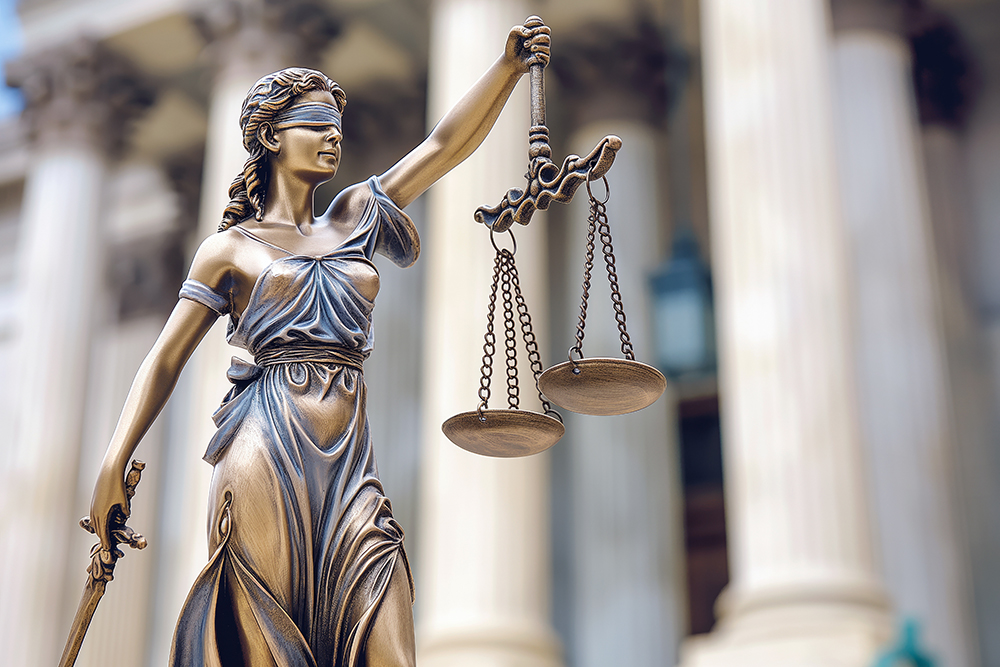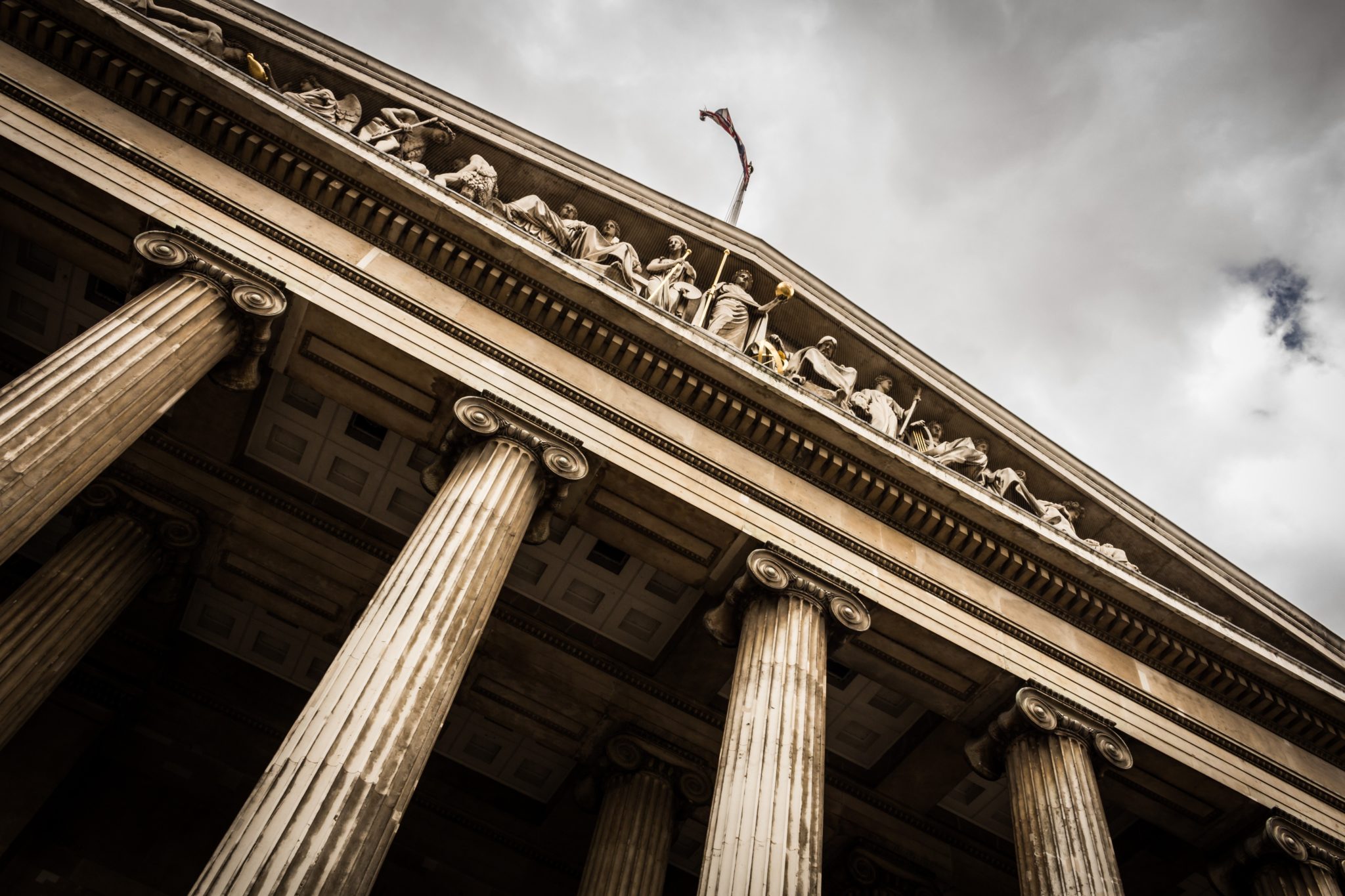
Chatham County Jail Release and Bond Process
If you suspect that someone has been arrested and taken to Chatham County Jail, you can call the Claiborne Firm at (912) 351-8775. We have attorneys’ on-call 24 hours a day and will move quickly on your behalf to determine whether a friend or loved one has been arrested.
Our offices are located very close to Chatham County Jail, and we have extensive experience with the Chatham County legal system since he was the prior Assistant District Attorney. We know how to handle these situations and will take immediate action to get your loved one released from jail.
Processing at the Chatham County Jail
When a person is arrested, they will be brought to the jail to be “booked.” This is essentially clerical work to officially process the arrest. It includes taking fingerprints and mug shots and running the person’s information through the system to determine their criminal history. After all of that is finished, the person will have their personal items taken away and will be held in a cell.
How Long Will They Be At the Chatham County Jail?
There is no official length of time that a person can be held after their arrest. The booking process can be slow, and the volume of arrests the jail is handling at that time will also play a role in determining how long it will take. Once they are booked, the arrestee must wait for the bond amount to be set. At that point, the bond can usually be paid and the person released from jail.
Overall, there is a lot of variation in the length of the process. A person’s stay in jail can be a matter of hours, but they could also be there for several days.
A suspect will usually have a hard time securing their own release quickly, but an attorney who knows the system can make the process significantly faster.


The Value of A Criminal Attorney For Your Initial Appearance and Bond Hearing
Many people neglect to seek advice from a skilled defense attorney right after an arrest. This can lead to:
• Increased time in jail
• Bonds being denied or increased
• Less than favorable outcomes in court
Having a defense on your side during the bond hearing or initial appearance can dramatically change the direction of your case. Skillful defense attorneys routinely:
- • Help inmates get released from jail quicker
- • Help inmates get bonds removed or reduced
- • Present facts, evidence, and file motions on your behalf before your initial appearance, which can change the course of your charges.
An attorney can also help you get your charges potentially dismissed or reduced at a future court date by immediately investigating the case and preserving valuable evidence that supports your side of the story.

When you are arrested in the State of Georgia, your release from jail will require a cash bail. In some cases, the amount of bail will be set automatically. In others, a court hearing must be held before a bail amount can be decided.
When the nature of the crime is considered a misdemeanor, meaning it carries a maximum sentence of 12 months in jail upon conviction, a bail amount will usually be set that will secure your release. If, however, you are charged with a felony, you can not only expect a minimum sentence of a year if convicted but you will be required to post a bond to be released from jail to await trial.
Bail vs. Bond: Explaining the Difference
As previously explained, depending on the severity of the charges against you, you will be asked to either pay a cash bail or post a bond. So what is the difference between the two?
Bail: A set cash amount, determined by the judge, which you must pay to be released from jail while you await trial.
Bond: A financial pledge contracted between the accused and a bondsman or licensed bonding company, carrying with it the promise that the accused will follow all directives issued by the court.
Note that, should you fail to appear in court, a bench warrant will be issued for your arrest and you will forfeit either bail or bond.
Knowing Your Rights
Under Georgia law, you are entitled to legal representation at every step of the process after the initial arrest. This includes bail or bond hearings, where having a lawyer present is key to protecting your rights and ensuring you do not say or do anything that might hurt your case. The prosecution will be paying attention to these hearings, and a good attorney can ensure that your case is presented to your advantage, even at this early stage.
How is Bail Amount Determined?
When considering the dollar amount at which to set bail, the court will take several factors into account. These include:
• Whether you constitute a “flight risk,” meaning that you would flee the jurisdiction of the court before your trial.
• Whether the nature of your crimes makes you a danger to yourself or others
• Whether your crime constitutes a felony
• Whether you might be disposed to obstructing the investigation into your crime or intimidating any potential witnesses.
How Will I Know if I’m Eligible to Make Bail?
There are a variety of serious felonies that automatically deny you the availability of paying bail to await trial outside of jail. They include:
• Violent crimes such as murder or armed robbery
• Sexual crimes such as rape aggravated sodomy, stalking sexual battery, or molestation of a child
• Drug crimes such as selling, distributing, manufacturing, or delivering a Schedule I or II controlled substance
• Higher crimes such as treason or hijacking
The Basics of Bonds
If you qualify for a bond, the conditions of that bond will be set at a bond hearing. Note that this is different from an arraignment, which is the hearing where you are notified of the charges that are being brought against you.
If you are released on bond while your case is pending, you can expect to have several conditions imposed on your release. Set by the judge at the time of your bond hearing, these conditions may include not committing any further crimes and staying away from potential witnesses. Breaking these conditions can lead to you being rearrested, returned to court, and sent back to jail to await trial.
You can also be issued a probation bond if you were arrested for probation violation, as these cases often face massive delays due to court backups. Allowing you out of jail until your probation hearing, these probation bonds can be highly beneficial.
Can I Request a New Bond Hearing?
If you request a bond and that request is denied, you have the right to request a second bond hearing at the state court or superior court. At this second hearing, you and your attorney will appear before a judge, as will the prosecution and the arresting officer. The judge will hear arguments and see evidence from both sides and render a decision. In some cases, you can also request to appeal a decision rendered in a bond hearing to an appeals court.
Can My Bail or Bond be Reduced?
Your attorney can petition the court to lower the amount of your bail or bond once it has been set, either during the original hearing or at a subsequent special hearing. To determine whether your bail or bond can be reduced, the court will weigh several factors including:
• The alleged crime itself, both its nature and the circumstances around it.
• Your personal and criminal history, including prior convictions, mental health, financial resources, and employment.
• The strength of the case against you, including any evidence gathered by the prosecution.
• The possibility of any danger you might pose to yourself and others.

How Much Will the Bond Be?
A judge will determine if a bond can be issued at a bond hearing. The judge will also determine the bond amount. This decision is based on the circumstances of the case. More serious offenses will make the bond amount higher. A prior criminal record can also increase the requirements. If the judge deems the defendant a flight risk or a danger to the public, the bond amount will be extremely high, or even denied altogether.
If a person is denied a bond or cannot pay the amount listed, they can petition the court for another bond hearing to try and secure their release.
Type of Bonds a Judge Can Issue
Bonds are essentially something the defendant uses as an assurance that they will be in court when required. There are several types of bonds:
- • Own Recognizance: A person is released without any collateral.
- • Signature Bond: A person does not have to post any collateral but promises to pay a fine if they fail to appear in court.
- • Surety Bond: A third party, usually a company pays the court the amount required to secure their release. The defendant pays the third party a fee, usually 10-15% of the bond.
- • Property Bond: A defendant’s property serves as the collateral to secure their own release.
- • Cash Bond: The defendant surrenders the bond amount in cash to the jail. When they appear in court for their required appearance, the money is returned to them.
What Can a Lawyer Do?
An attorney can make a major difference. Their understanding of the legal system can streamline the process.
Furthermore, bringing an attorney into the fold early will enable them to be more involved in the case. At the Claiborne Firm, we immediately begin investigating the details of your situation, which includes preserving evidence and finding witnesses while the events are still fresh in their minds.
Getting an attorney involved early in the process makes it more likely that your charges will be reduced or dropped altogether.
Our Advantage in Chatham County Courts
David Utter, our top defense attorney, can help you get your loved one out of jail quickly and safely.
When you call us, we will tell you what you will have to pay. We are straightforward about our fees and will accept all major credit cards.
Chatham County Jail Key Information
Address: 1050 Carl Griffin Dr. Savannah, Georgia 31405
Hours of Operation
Video Visitation: Monday – Friday, 9am to 6pm
Main Lobby: Monday – Thursday, 6pm to 9am. Friday 6pm – Monday 9am.
Court Dates After Chatham County Arrest
Within 24-72 hours of the arrest, most defendants will have a first appearance in Recorder’s Court. This is essentially just a way to ensure the defendant knows the charges they are facing.
After this appearance, the next scheduled event will be the Arraignment. This is when the defendant makes their plea of guilty or not guilty. An attorney can enter this plea on behalf of their client even if the client is not present.
 Keep Your Record Clean
Keep Your Record Clean
The value of a clean criminal record cannot be overstated. It means that you will have an easier time finding employment, housing, getting loans, and passing background checks. It is important to fight against any and all criminal charges to protect the life that you have built.
If you or a loved one has been arrested, contact us immediately by calling (912) 351-8775.
Alternatively, please use the form below to schedule a free, no obligation case evaluation 24-hours a day.
Call (912) 351-8775 or Schedule a Free Case Evaluation Online
